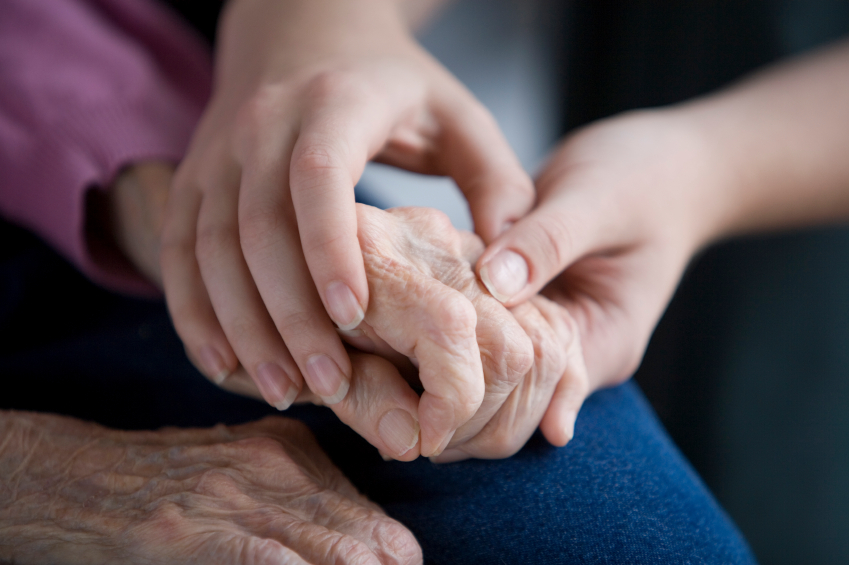
-
Care
-
Highly Personalized Care
We seek to engage and encourage the whole person by getting to know each person’s life story!

-
-
Community
-
Designed to live Better
Features and amenities that will not only help our residents live a better life, but help them THRIVE!

-
-
Suites
-
A Lifestyle For Everyone
Cross Creek offers many different suite options to fit every residents' need. Welcome home!

-
-
About Us
-
We Take Great Joy Being in the Service of Others
We are rewriting the rules of memory care by empowering our residents to live a life with purpose.

-
- News
- Contact
- REQUEST PRICING
- 816.607.5700











Recent Comments